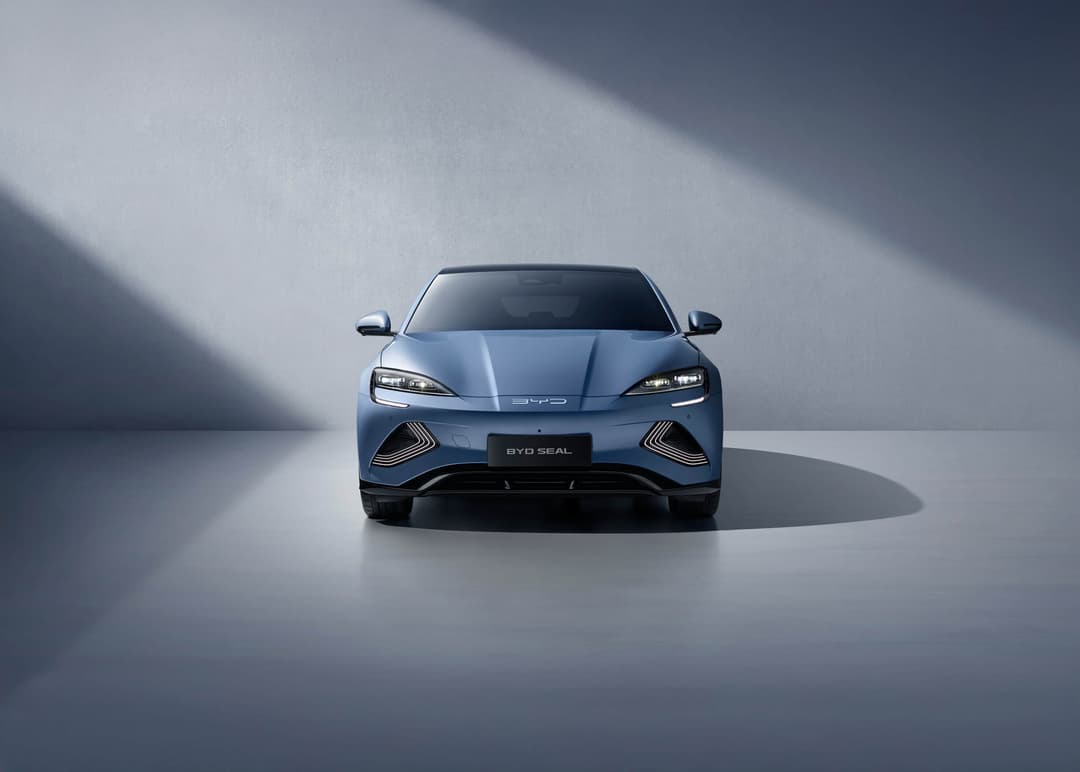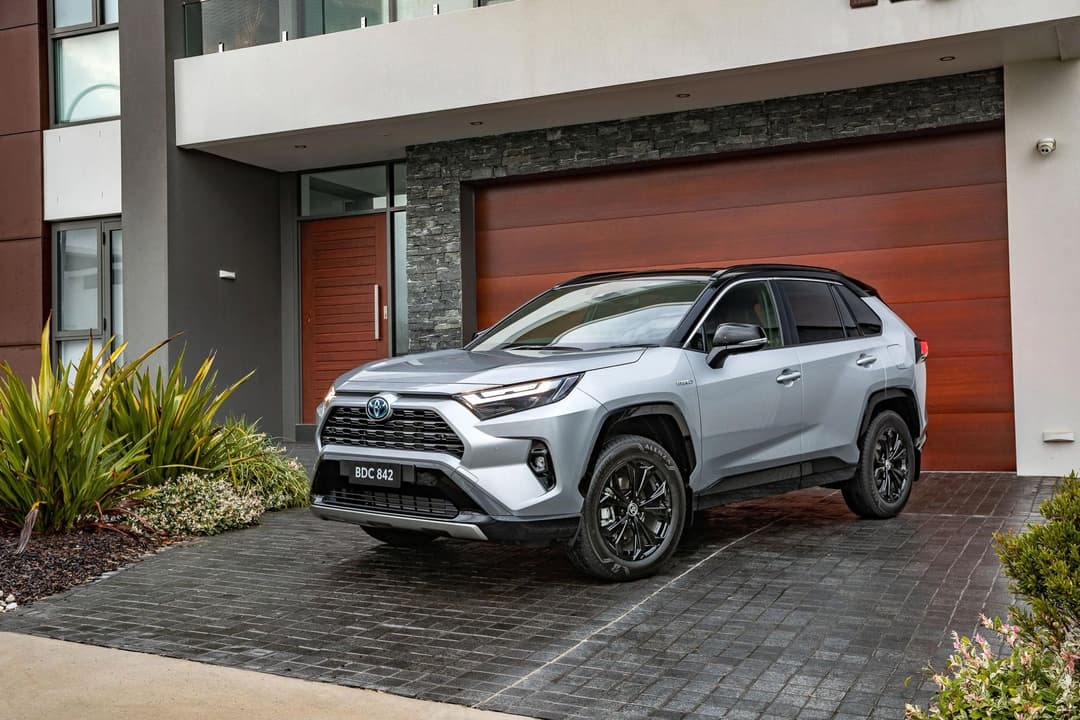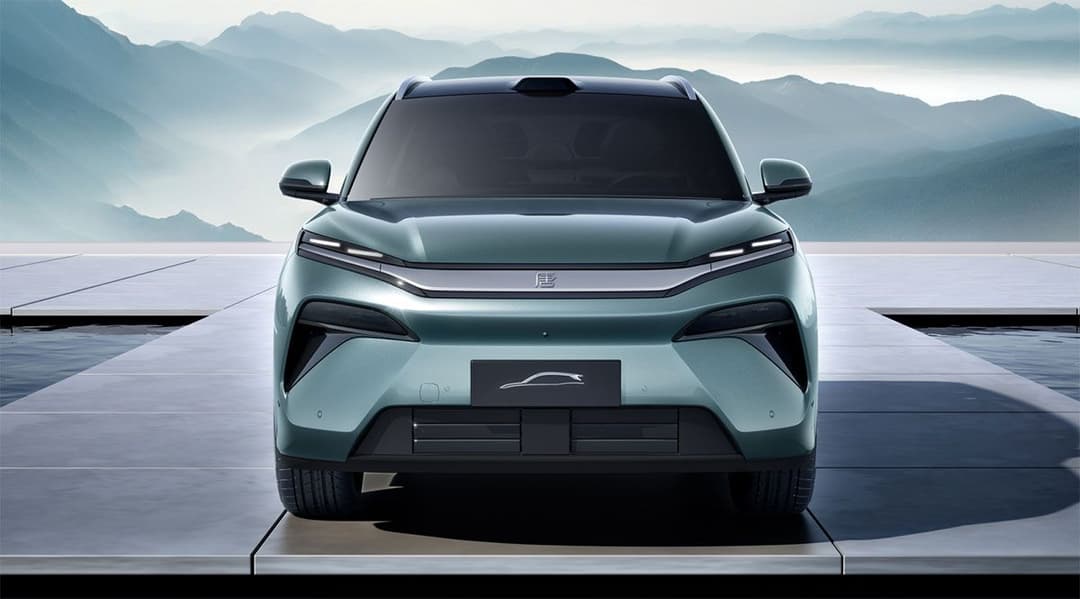Australia has hit a major milestone in the transition to cleaner transportation, with more than 300,000 electric vehicles (EVs) and plug-in hybrid electric vehicles (PHEVs) now registered nationwide.
According to the latest Electric Vehicle Council (EVC) figures, this total includes over 248,000 EVs and 53,500 PHEVs. Despite the recent surge in PHEV adoption, fully electric vehicles remain the dominant choice for Australian drivers.
▶️MORE: BYD Shark 6 Ute Price And Specs

EVC CEO Julie Delvecchio highlighted the significant shift in consumer preferences, noting how the market has evolved. “Not long ago, EVs were seen as a niche option with limited availability and high prices,” Delvecchio said.
▶️MORE: 5 Cheapest Electric Cars in Australia
“Now, they are a serious consideration for many Australians, with over 120 models and over 220 variants available, including affordable options under $30,000. The choices and competitive pricing will only improve from here.”

▶️READ: BYD Atto 3 is Now More Affordable Than Ever
EV Sales Decline While Hybrid Demand Surges
In January, 3822 electric cars were sold, down 21.7 per cent compared to the same month last year. As a total of the overall market, EVs represented just 4.3 per cent of the 87,625-strong market – the lowest it has been for years.
However, a deluge of new models – largely from China in the more affordable space – are set for market introductions in the first quarter of the year, while the top-selling Tesla Model Y will also be refreshed imminently.
The ongoing cost-of-living crisis, as well as uncertainty around resale value, could also play a part in the dulling electric car interest. Tesla, the leading EV brand in Australia, sold 33 per cent fewer models than it did this time last year, with just 739 new registrations.
Top Performing Electric Car Models
The Model Y was again its best-seller, at 465 units, but the Model 3 found just 274 new homes (down 62%) last month and dropped to fourth place. The current Model Y is now in runout, with a facelifted Model Y – with an accompanying price rise – set for first deliveries in May.
▶️MORE: 2025 Tesla Model Y revealed
The second-best selling EV was again the MG 4, with 440 sales, 18.1 per cent down over the previous year. Kia’s EV5 has also made in-roads into the market with 289 sales, outpacing the established EV6 (52, down 73.9%), EV9 (22, down 53.2%), and Niro (16).
BMW EVs accounted for three out of the Top 10 spots, with the iX1 (123) in fifth place, the i4 and iX2 (108 units each) in equal eighth. Audi's new Q4 e-tron also performed strongly ahead of its official launch later this month with 121 sales, while the Hyundai Ioniq 5 notched 109 sales for seventh position.
Rounding out the Top 10 is the BYD Atto 3, with 105 sales, but 77.4 per cent down.
Hybrids and PHEVs Surge
▶️MORE: Introduction to Electric Vehicles: BEV vs PHEV vs HEV
Hybrid and plug-in models experienced significant growth, with sales increasing by 88.5% and 51.5% respectively. In January alone, 3,011 EVs were registered, compared to 1,908 PHEVs and 14,386 hybrids. Meanwhile, overall new vehicle registrations fell 3.3% to 86,804 units.
▶️MORE: Best EV Charging Networks in Australia

As Australia continues its transition to sustainable transport, the growing variety of EVs and PHEVs on the market is giving consumers more choices than ever. While EV sales took a hit in January, the overall shift toward electrification remains strong, with more advancements and affordability expected in the coming years.
Stay up to date with the latest EV news
- Get the latest news and update
- New EV model releases
- Get money savings-deal
